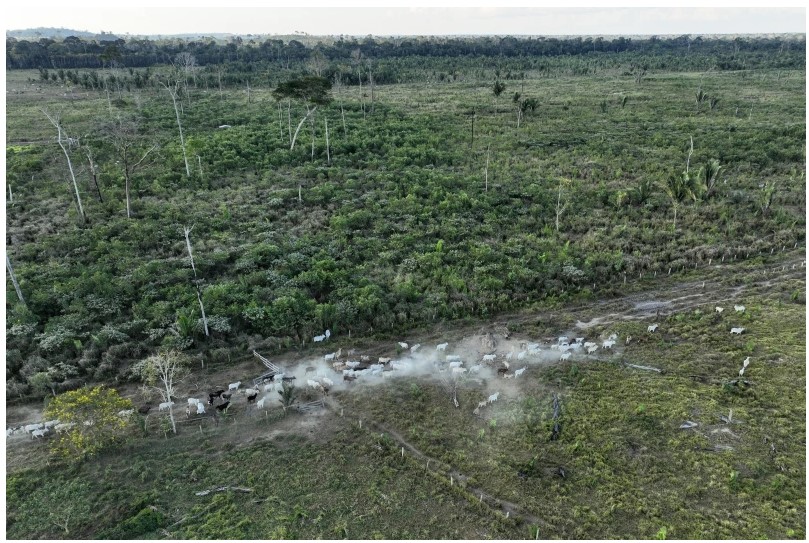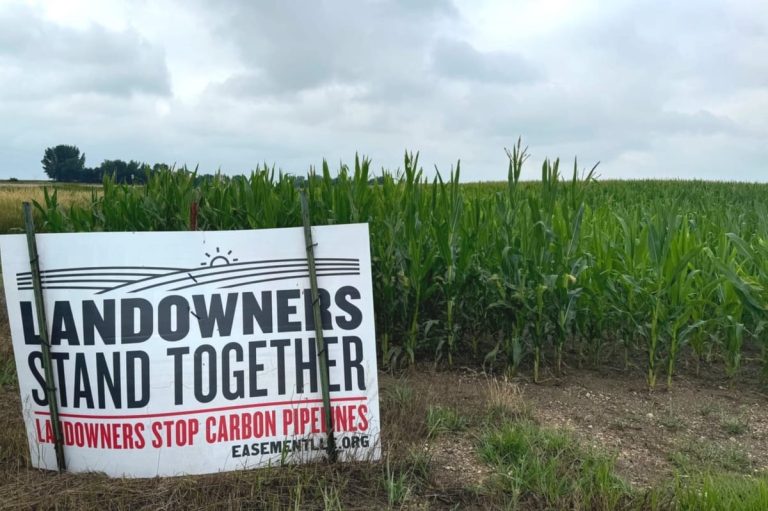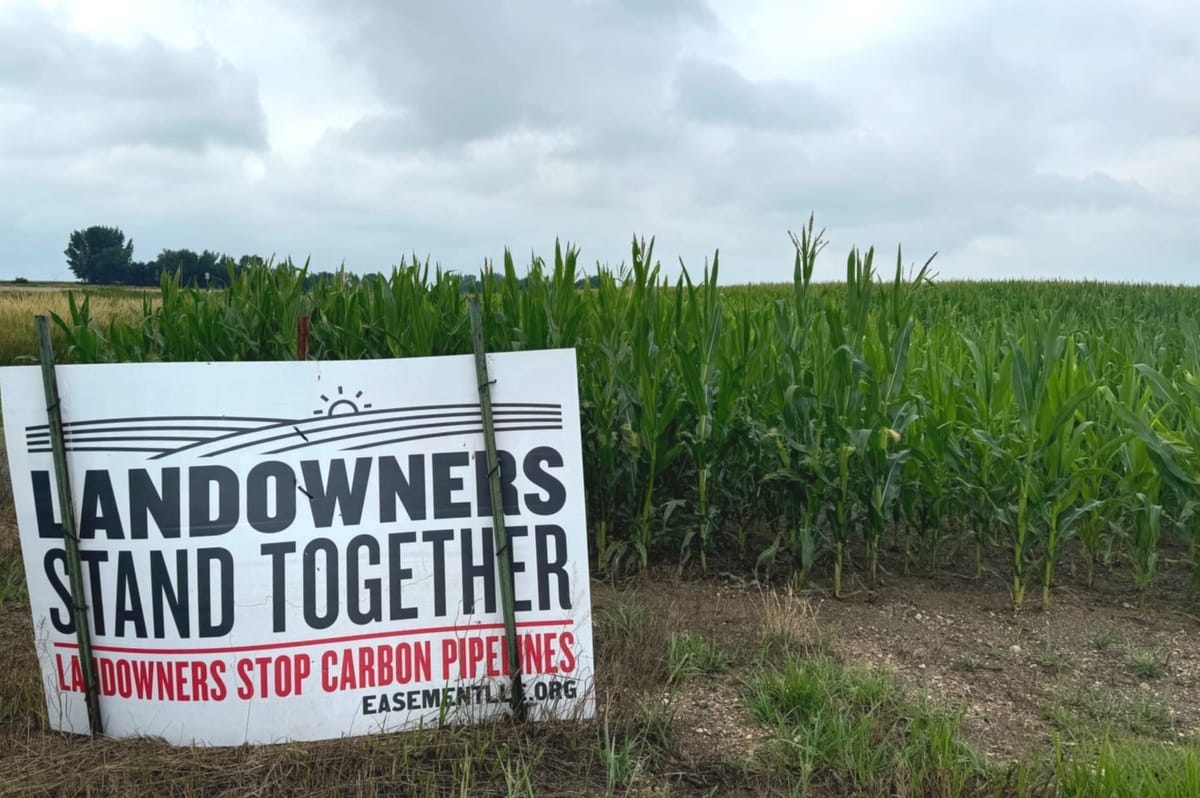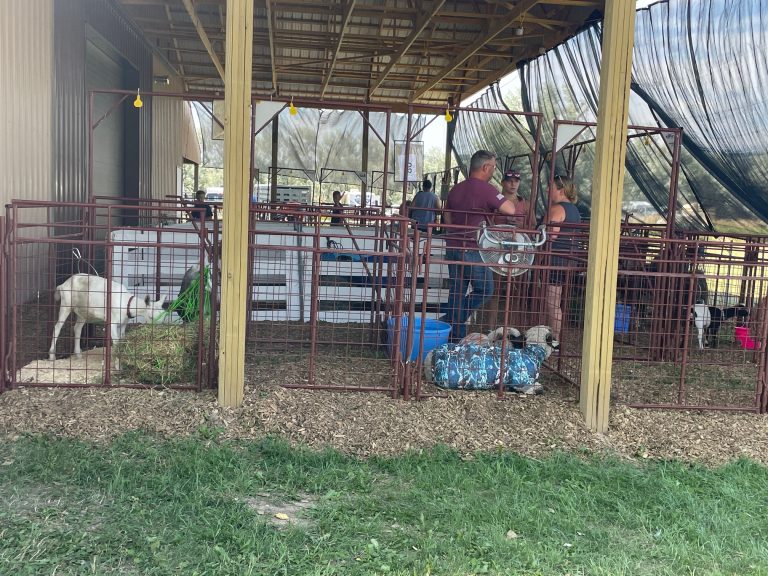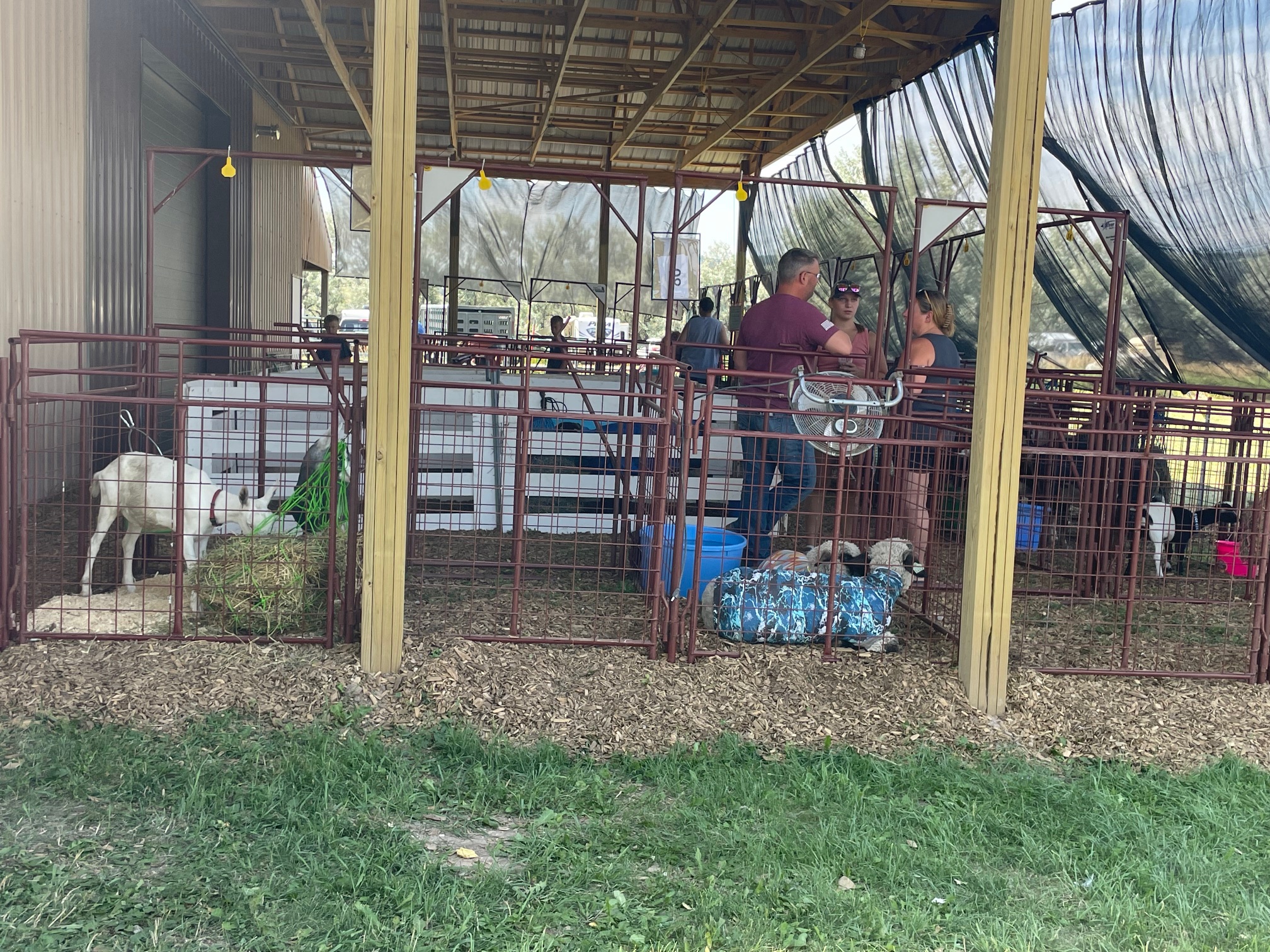WASHINGTON, D.C. – In recent weeks, lawmakers in the United States and the United Kingdom have sent letters to the Securities and Exchange Commission cautioning against the listing of JBS, the world’s largest meatpacking company, on the New York Stock Exchange.
Trading on the world’s largest exchange would give JBS access to more capital and enhance its credibility. But the lawmakers, along with environmental groups, argue that expanded capital would allow the company, responsible for much deforestation in the Amazon rainforest, to do even more harm.
The dispute surrounding JBS’ bid highlights the connection between finance and various drivers of climate change, including deforestation. It also raises questions about gauging claims that a company is committed to improving its environmental record.
Many companies listed on the New York and other stock exchanges have had, or still have, questionable environmental records. But often they have been listed for decades, having gone public when there was much less scrutiny of ecological impacts from business operations.
“Dozens of journalistic and NGO reports have shown that JBS is linked to more destruction of forests and other ecosystems than any other company in Brazil,” said the letter from 15 U.S. senators, released last week. “The company has made repeated claims that it will eliminate deforestation but has not taken meaningful steps to do so.”
The letter, signed by Democrats and Republicans, comes days after a similar one from 11 British lawmakers that said letting JBS raise capital from shareholders “contradicts global efforts of governments and businesses to take action to mitigate climate change” and to “preserve essential natural habitats.”
Montana Senator Jon Tester led the bipartisan letter to the U.S. Securities and Exchange Commission (SEC) pressing the agency to block JBS’s request to be a publicly traded company on the New York Stock Exchange (NYSE), citing the multi-national corporation’s history of “systemic corruption.” Tester has repeatedly worked to hold JBS and the four big meat packers who control more than 80% of the beef industry accountable for their anticompetitive practices.
In their letter to the SEC, Tester and a thebipartisan group of his Senate colleagues wrote that they “urge the SEC protect the integrity of U.S. capital markets and the legal rights of U.S. investors by exposing the risks that JBS poses to potential shareholders, including its track record of corruption, human rights abuses, monopolization of the meatpacking market, as well as environmental risks.” The Senators concluded their letter by emphasizing that, “Approval of JBS’ proposed listing would subject U.S. investors to risk from a company with a history of blatant, systemic corruption.”
A spokesperson for the SEC, which has regulatory oversight of the NYSE, said it doesn’t comment on individual filings. JBS, which applied in July, and the NYSE didn’t respond to questions. The SEC has broad authority in regulating capital markets, from approving or denying company applications to get on an exchange, requiring disclosures and fining companies if they break financial laws.
Two-thirds of Amazon deforestation results from conversion to pasture for livestock, according to the Brazilian government. JBS, with the largest slaughter capacity in the region, buys thousands of cows raised illegally annually, according to audits by federal prosecutors.
In December, The Associated Press and Brazil’s Agencia Publica revealed that Rondonia state is suing JBS for purchasing cattle raised illegally in a protected area damaged to the point of near total destruction. According to court papers, the company accepted documents that showed cattle going straight to the slaughterhouse from legally protected land. JBS has declined to comment.
JBS has pledged to make all cattle purchases traceable by 2025 and to reach net zero, or equalize all carbon emissions, by 2040.
In 2020, it created the JBS Fund For the Amazon. The goal is to finance “innovative, long-term initiatives that build on JBS S.A.’s legacy of conservation and sustainable development in the Amazon Biome,” according to an SEC filing.
Since then, the fund has provided $15 million to 20 projects, according to its website. The company has pledged to commit a total of $51 million to the fund through next year.
The initiatives include cocoa farming integrated with trees; managed fishing of pirarucu, a giant freshwater fish; and support for the Forest Peoples Connection, which has been installing Starlink internet units donated by Elon Musk´s SpaceX in remote areas, including Indigenous communities.
It also granted money to two U.S.-based nonprofits: Forest Trends, which supports handicrafts and Brazil nut production in Indigenous territories, and the Good Food Institute, which works to research local products from Amazon fungi to tucuma, a local palm tree.
The contributions are tiny for the company. From 2021 through the last quarter of 2023, JBS net sales approached $209 billion, according to a company statement. That means the amount disbursed for environmental projects so far represents 0.007% of net sales for the period.
The U.S. is JBS’ largest market, with 51% of sales, followed by 27% in Brazil, where it employs about 270,000 people.
A previous JBS attempt to join the exchange was thwarted amid a corruption scandal in 2017 when the company admitted the bribery of hundreds of Brazilian politicians. In 2020, JBS paid the SEC $26.8 million for accounting irregularities at U.S. subsidiary Pilgrim’s Pride, one of the country’s largest poultry producers.
As JBS’ application is considered, a prominent adviser who backed the sustainability fund is having second thoughts. Carlos Nobre is an Earth scientist and co-author of five reports for the International Panel on Climate Change, the United Nations’ top body on climate change.
Nobre also sits on JBS’ board and said he’s been disillusioned with the company’s launch of a project intended to support 3,500 small livestock-producing families in the Amazon. JBS Sustainability Director Liège Correia promoted the project at the COP28 in Dubai. At $20 million over the coming years, it’s one of the fund’s biggest.
“I only joined the fund because I was assured there would be no money for livestock. Now they changed their minds,” he told AP.
Supporting small ranchers to increase their productivity helps preserve the Amazon, according to Andrea Azevedo, who directs the fund and helped create the project, known as TOGETHER.
“We have done tests and seen that the fund can work with cleared areas, too. Because if you take good care of these areas, you prevent people cutting down more forest,” Azevedo told AP. “We need to stop Amazon deforestation altogether, that’s a fact.”
Azevedo worked most of her career with environmental groups and said she respects Nobre’s position, but other board members agreed with the fund in supporting cattle ranching. It’s a place for experimentation, independent of JBS business strategy, she said.
Azevedo said the meat giant’s efforts to improve its environmental record are genuine. For example, it is trying to identify cattle suppliers who conceal the illegal origin of animals and opening “green offices” to provide technical assistance in compliance with environmental legislation.
Glenn Hurowitz, CEO of Mighty Earth, one of the groups pushing for the SEC to deny the application, said it’s too big of a risk.
“If JBS gains access to billions of dollars to expand its industrial meat operations, it would bring more deforestation, more market manipulation, more human rights abuses and more outsized climate pollution,” he said. “The SEC should not allow this IPO to proceed.”
The lawmakers detailed JBS’ extensive international corruption record as well as the bribery scheme organized by JBS owners Joesley and Wesley Batista to acquire U.S. meat producer Pilgrim’s Pride in 2009: “In total, JBS estimates its current criminal exposure at $463.5 million, as well as $2.1 billion for ongoing civil, tax, and labor litigation claims. These are startling figures for a company that now seeks to avail itself of the privilege of having its shares traded on the New York Stock Exchange.”
The lawmakers also expressed concern for the potential environmental impact, citing a recent investigation conducted by the U.S. Senate Finance Committee into JBS’ ties to deforestation: “Dozens of journalistic and NGO reports have shown that JBS is linked to more destruction of forests and other ecosystems than any other company in Brazil. The company has made repeated claims that it will eliminate deforestation but has not taken meaningful steps to do so, despite its direct knowledge of extensive deforestation in its supply chain.” The lawmakers also highlighted that the Brazilian company was at the center of a whistleblower complaint filed with the SEC that alleged JBS’s Sustainability-Linked Bonds (SLBs) framework defrauds investors. Mighty Earth, the environmental organization behind the complaint, has called for JBS’ IPO to be postponed until a determination is made by the SEC.
Tester has introduced and sponsored a number of bills aimed at bringing transparency and restoring fairness to the meatpacking sector of the U.S. cattle industry. Early last year Tester re-introduced his bipartisan Cattle Price Discovery and Transparency Act to increase market transparency by establishing minimums for negotiated sales and requiring clear reporting of marketing contracts, and his Meatpacking Special Investigator Act to combat anticompetitive practices in the meat processing industry by appointing a USDA special investigator with subpoena power to enforce the nation’s anti-trust laws. Last January, Tester introduced his bipartisan American Beef Labeling Act to reinstate mandatory country of original labeling (MCOOL) for beef.
In February of 2023, Tester introduced bipartisan legislation to suspend Brazilian beef imports to the U.S. until experts can conduct a systemic review of the commodity’s impact on food safety and animal health.
Read the full letter to the SEC HERE.
